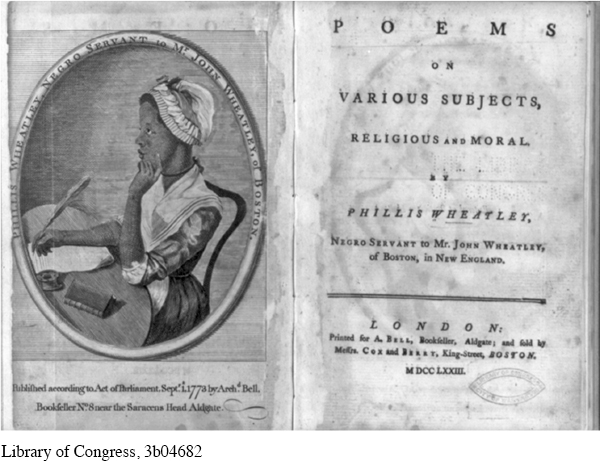Committing to Independence
After July 4, 1776, the decision to support independence took on new meaning. If the United States failed to win the war, all those who actively supported the cause could be considered traitors. The families of Continental soldiers faced especially difficult decisions as the conflict spread and soldiers moved farther and farther from home. Men too old or too young to fight proved their patriotism by gathering arms and ammunition and patrolling local communities.
Some female patriots accompanied their husbands or fiancés as camp followers, cooking, washing clothes, nursing, and providing other services for soldiers. Most patriot women remained at home, however, and demonstrated their commitment by raising funds, gathering information, and sending clothes, bedding, and other goods to soldiers at the front. The Continental Army was desperately short of supplies from the beginning of the war. Northern women were urged to increase cloth production, while southern women were asked to harvest crops for hungry troops. The response was overwhelming. Women in Hartford, Connecticut, produced 1,000 coats and vests and 1,600 shirts in 1776 alone. Across the colonies, women collected clothing door-to-door and opened their homes to sick and wounded soldiers.
Some African American women also became ardent patriots. Phillis Wheatley of Boston, whose owners taught her to read and write, published a collection of poems in 1776 and sent a copy to General Washington. She urged readers to recognize Africans as children of God. Rewarded with freedom by her master, Wheatley was among a small number of blacks who actively supported the patriot cause. Still, the vast majority of blacks labored as slaves. While some escaped and joined the British in hopes of gaining their freedom, most were not free to choose sides.

REVIEW & RELATE
How did colonists choose sides during the Revolutionary War? What factors influenced their decisions?
Why would some Indian tribes try to stay neutral during the conflict? Why did most of those who chose sides support the British?
Exploring American HistoriesPrinted Page 183
Exploring American Histories Value EditionPrinted Page 135
Chapter Timeline